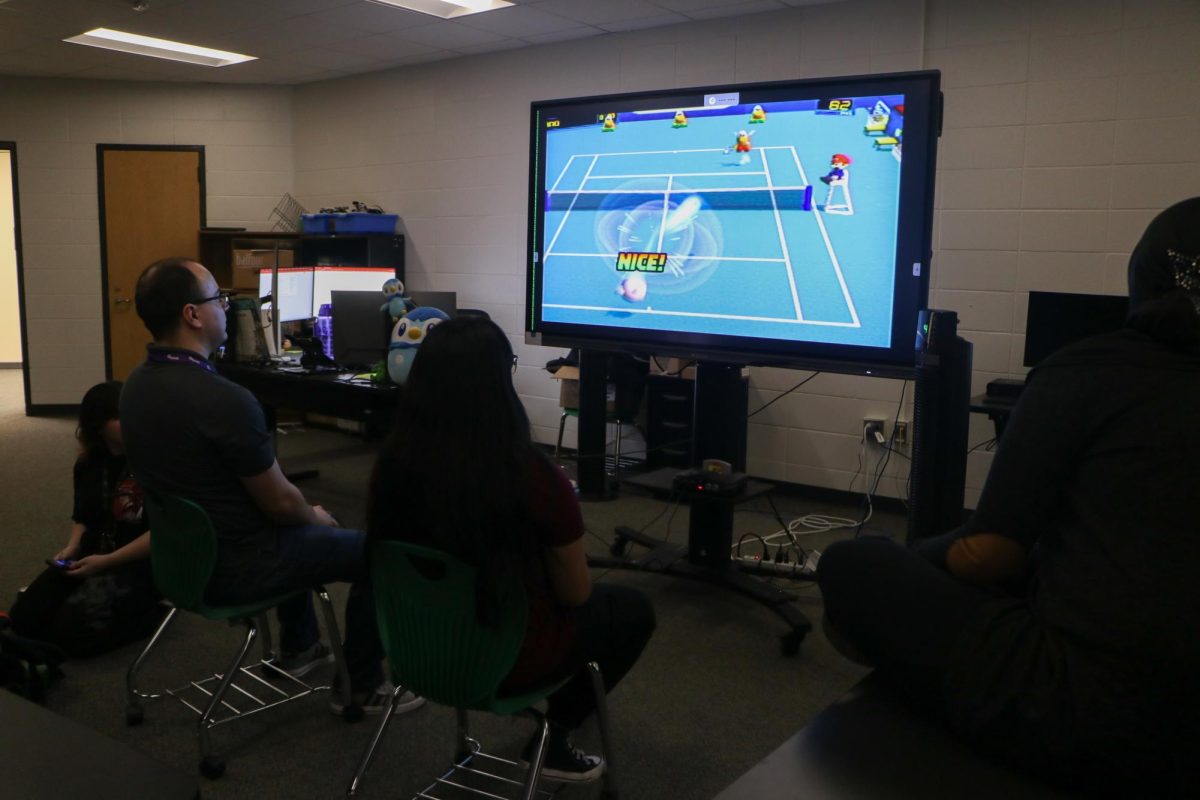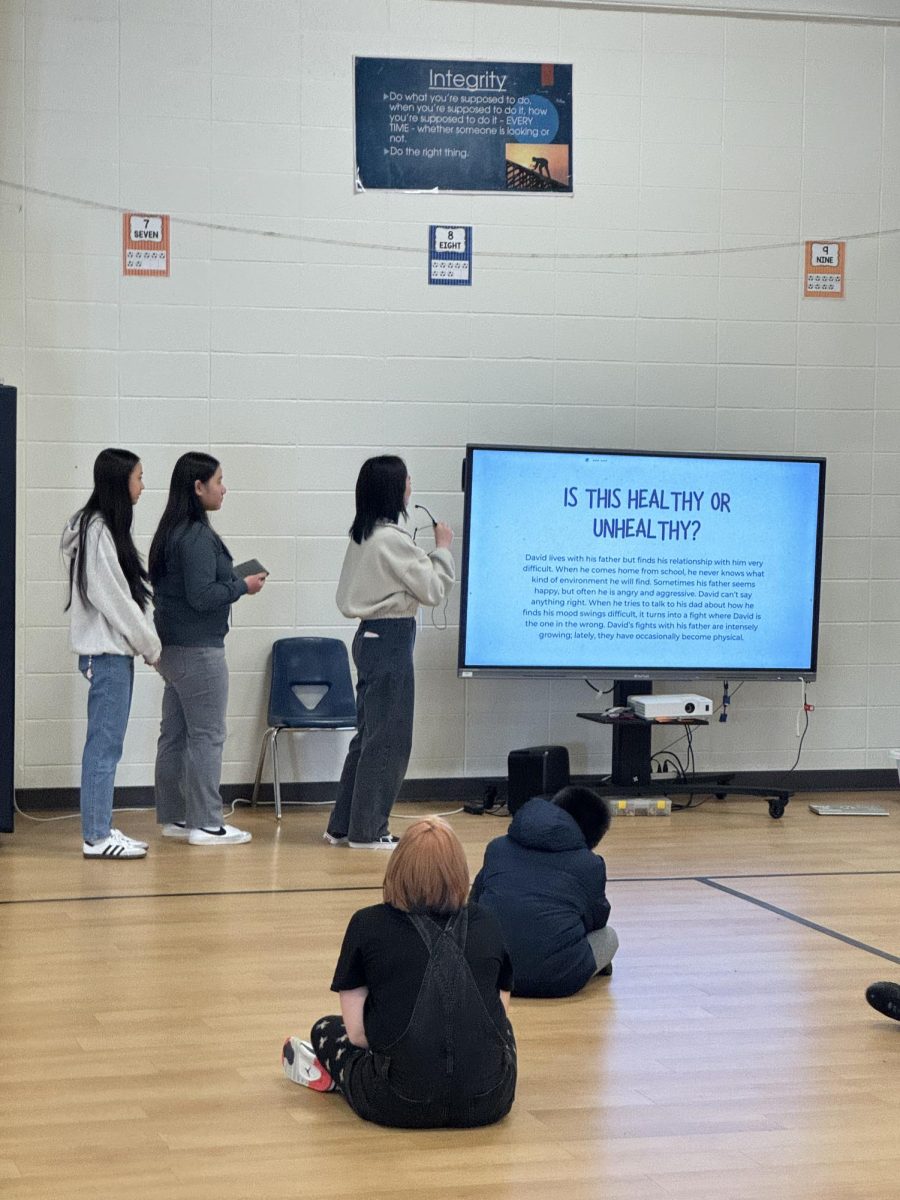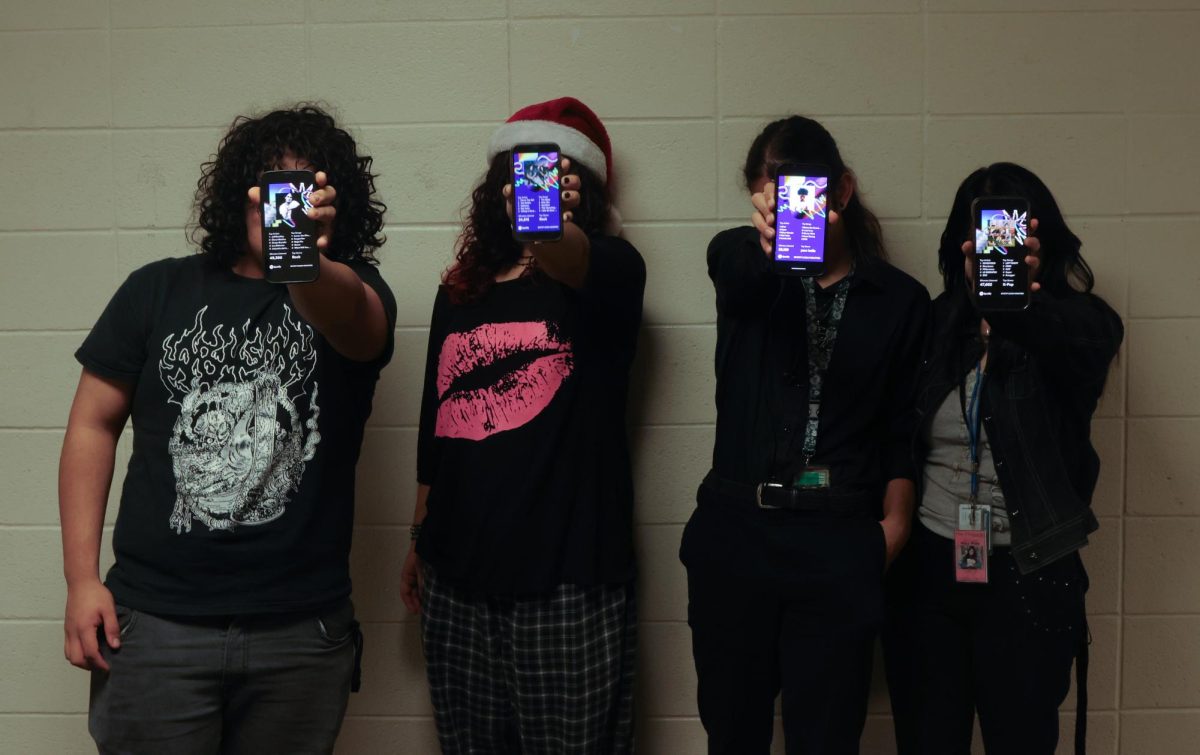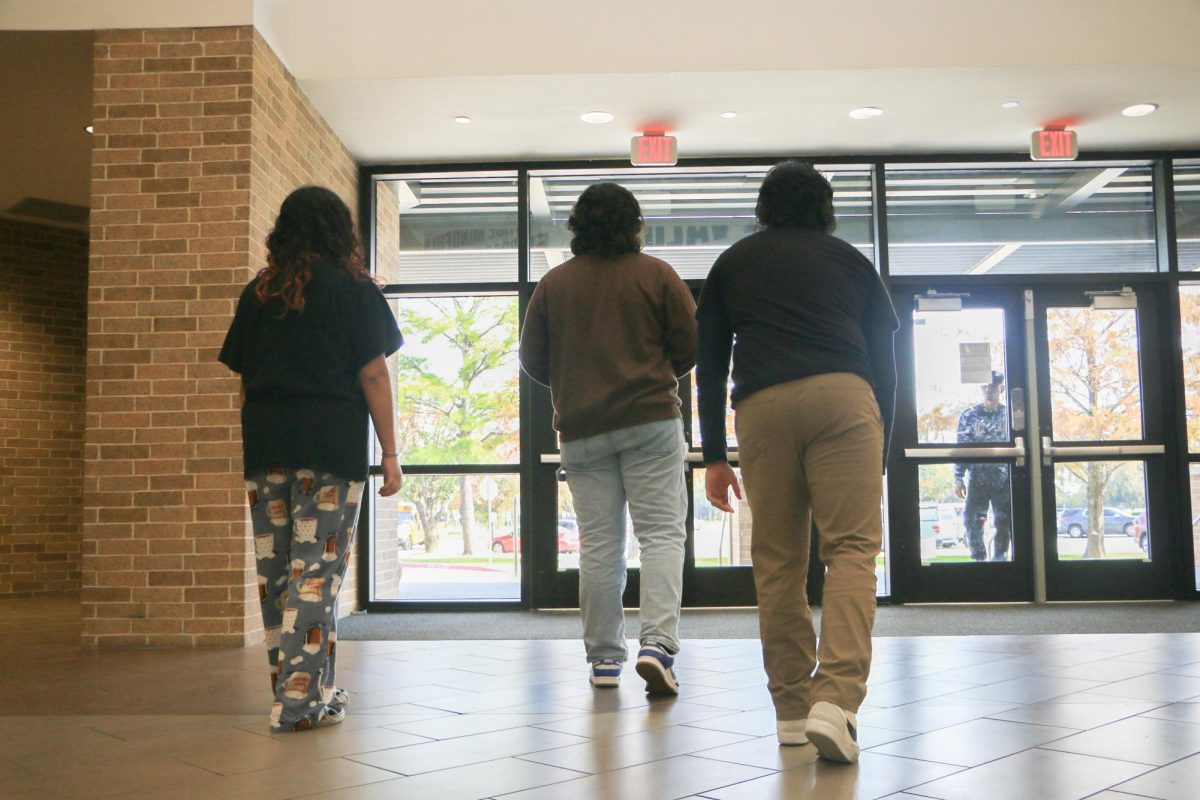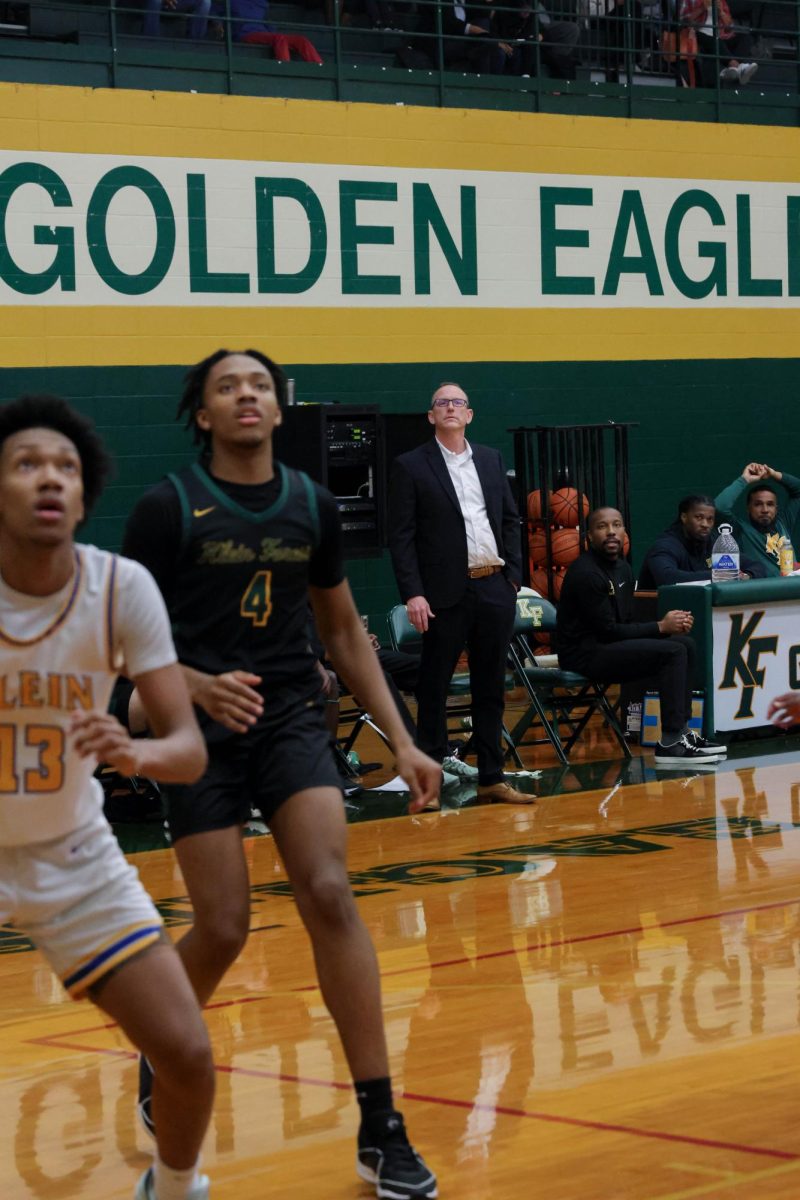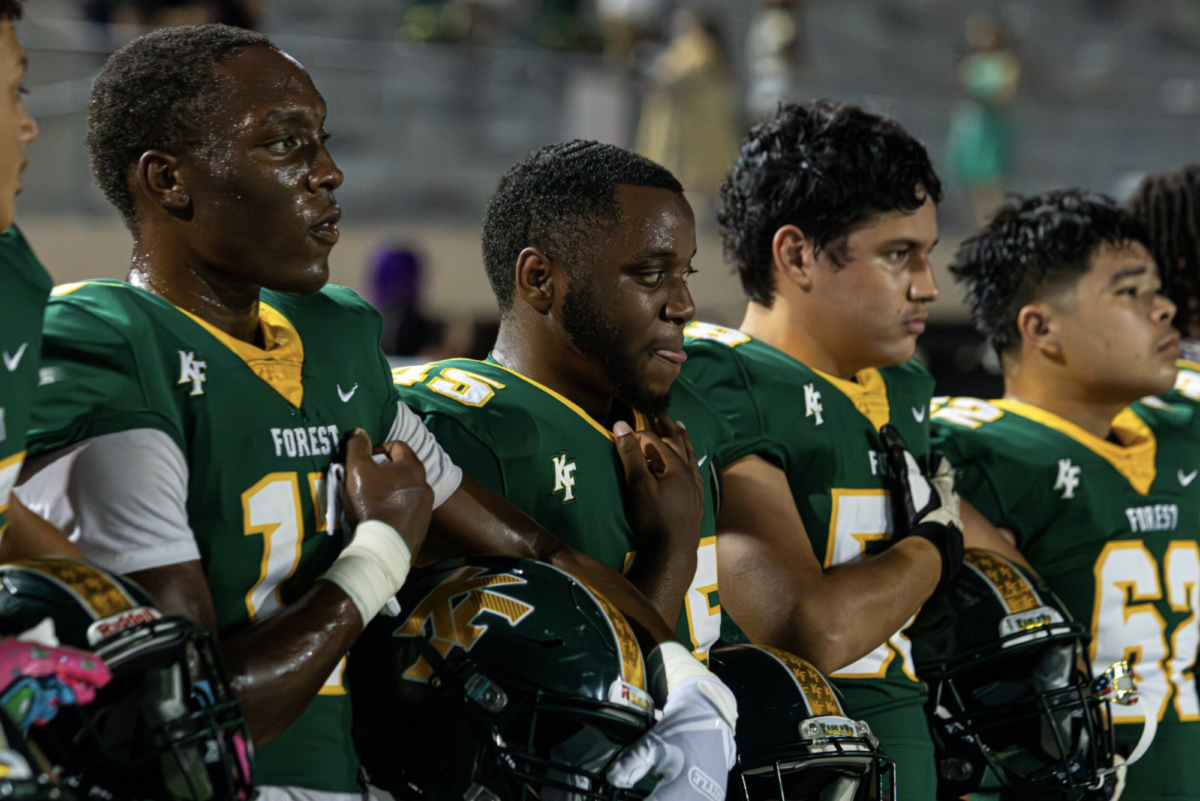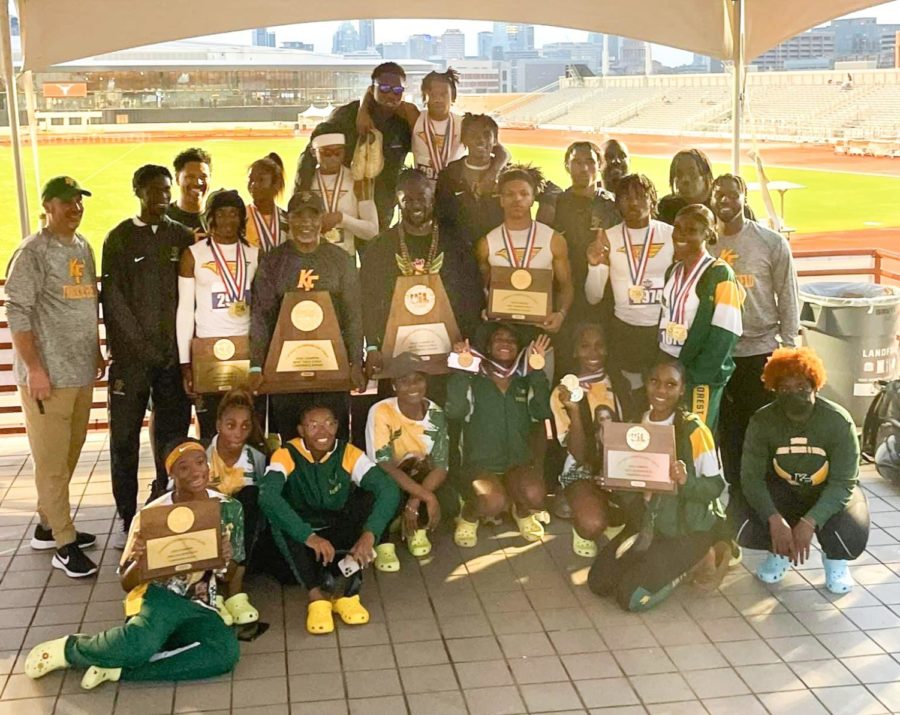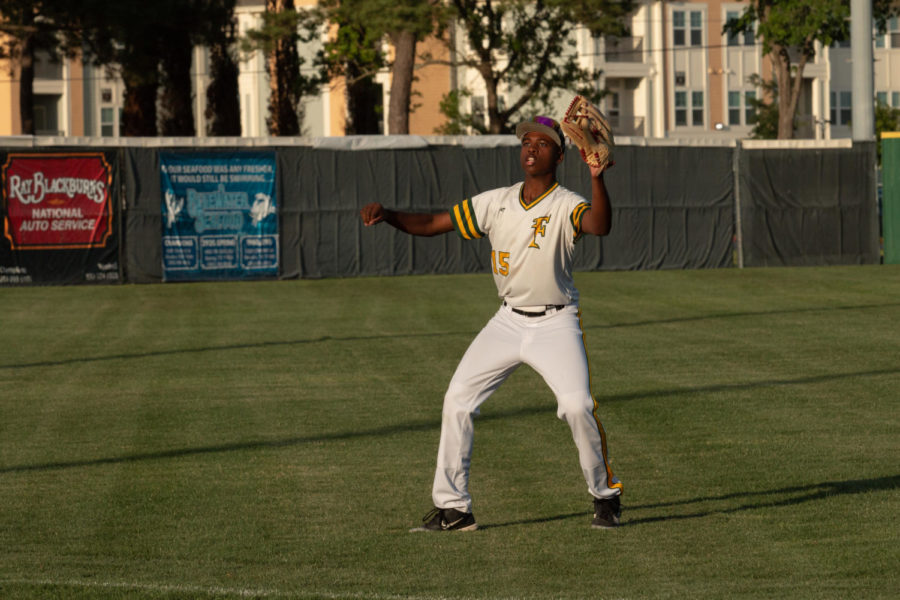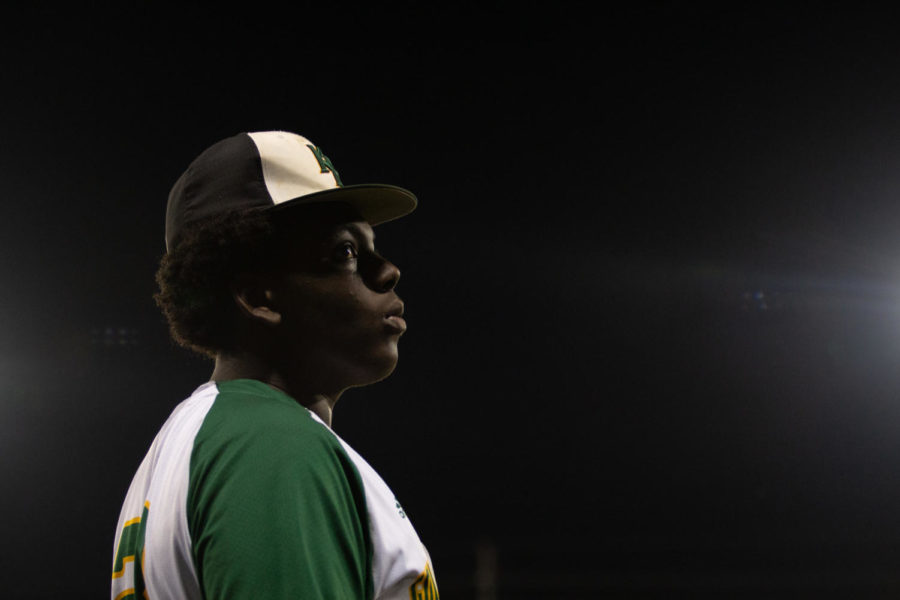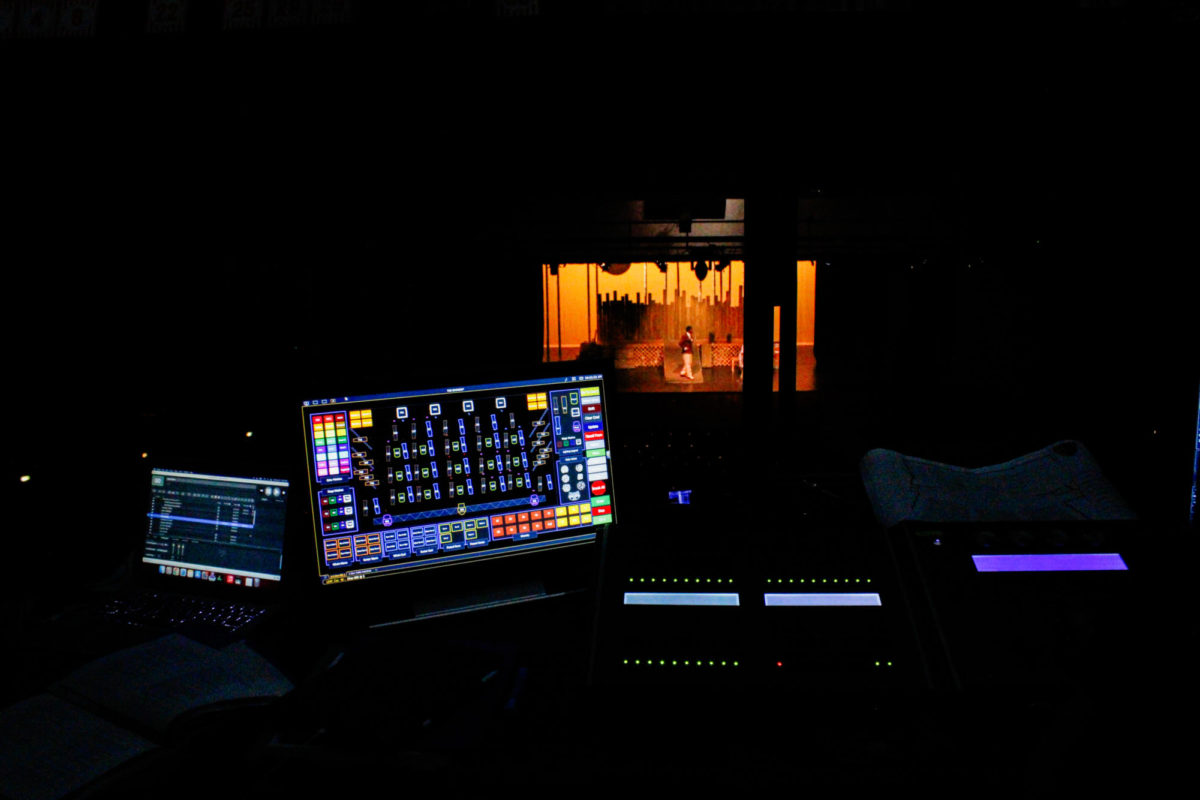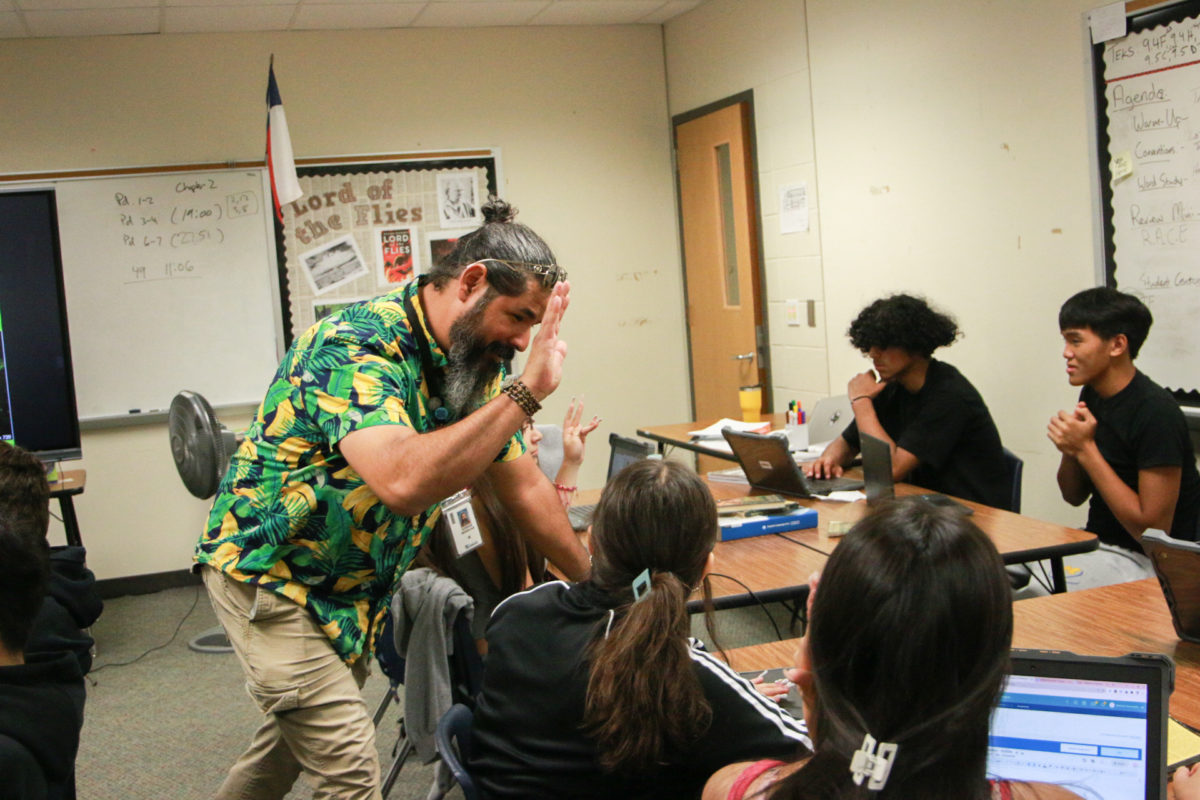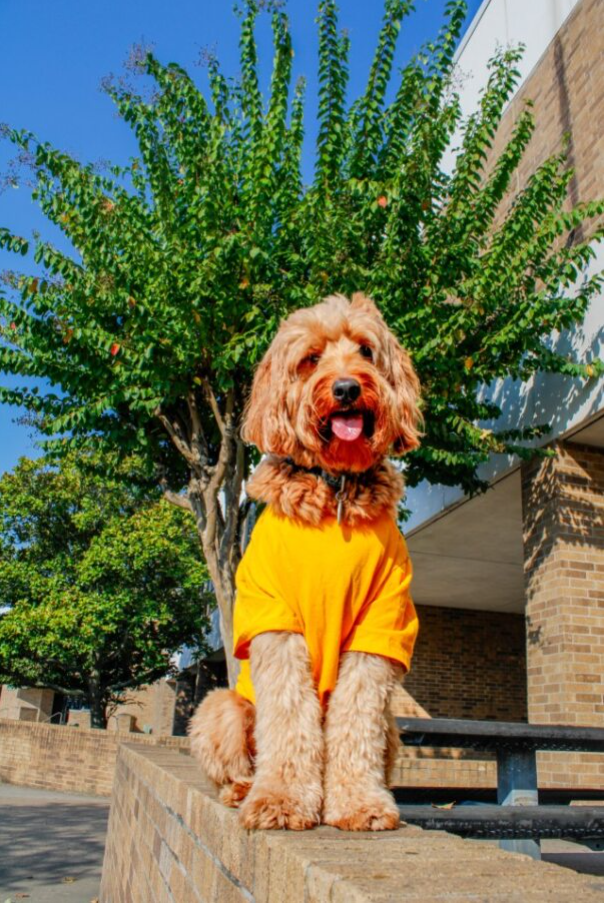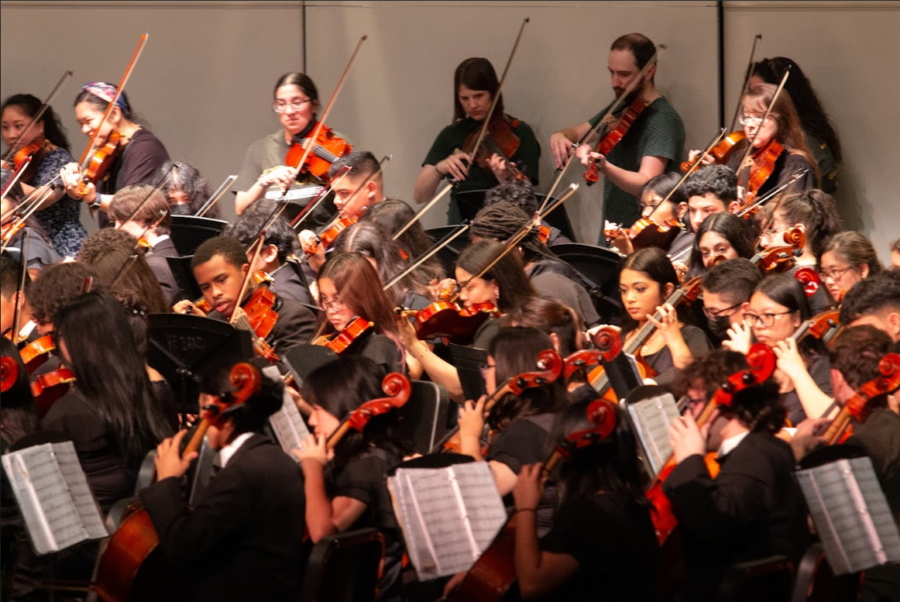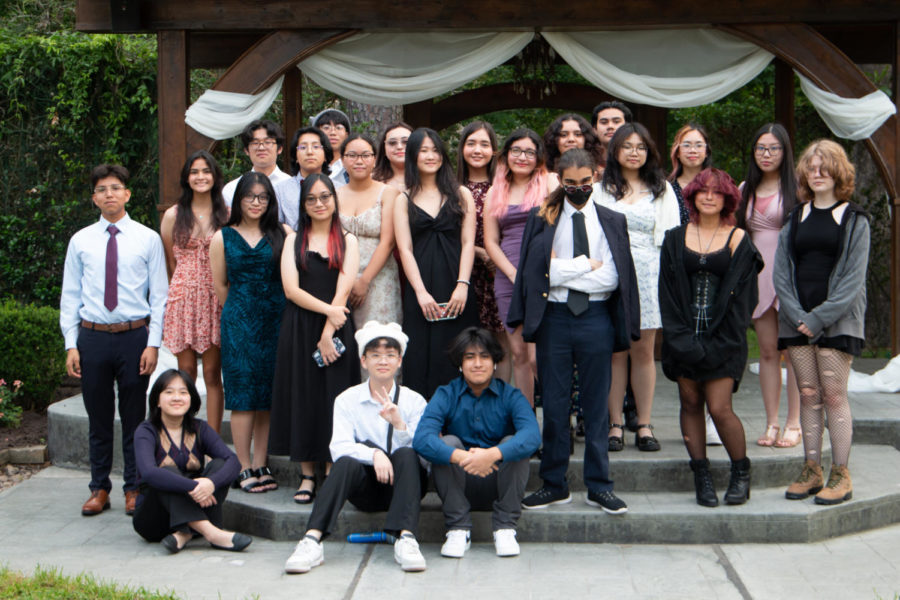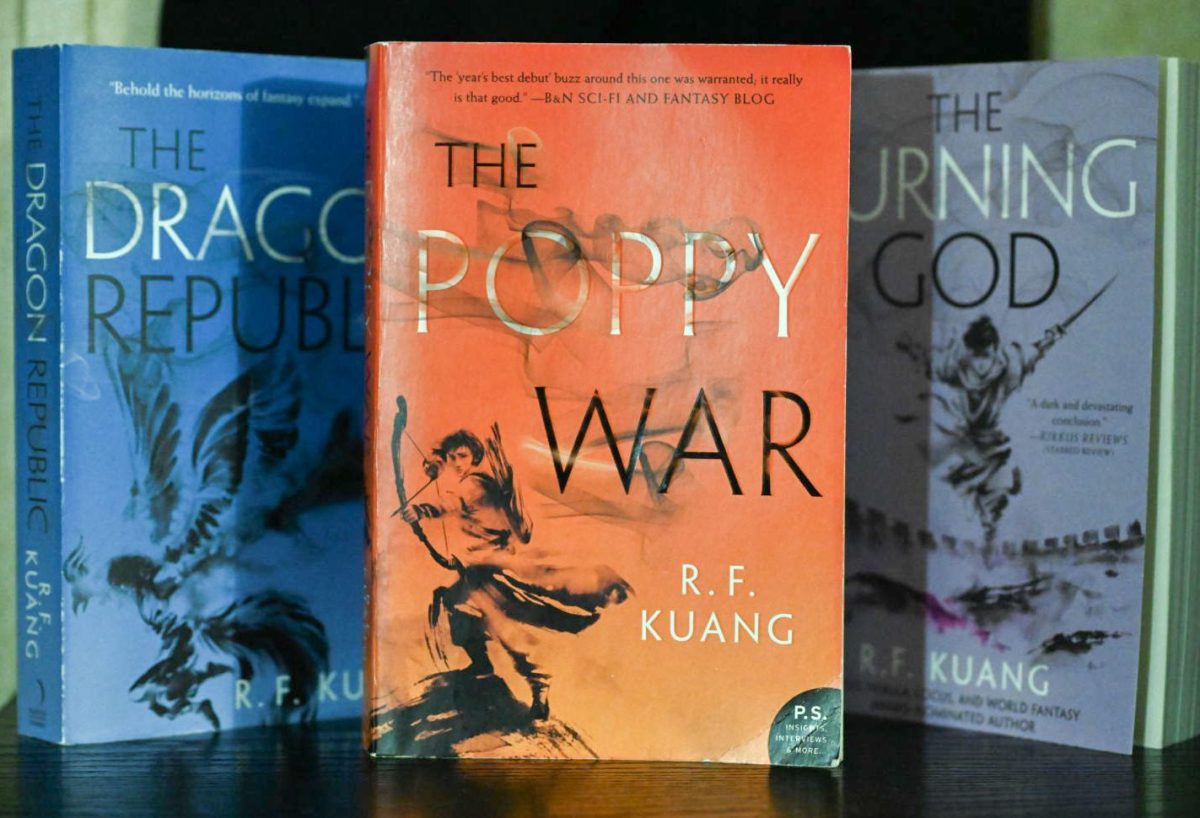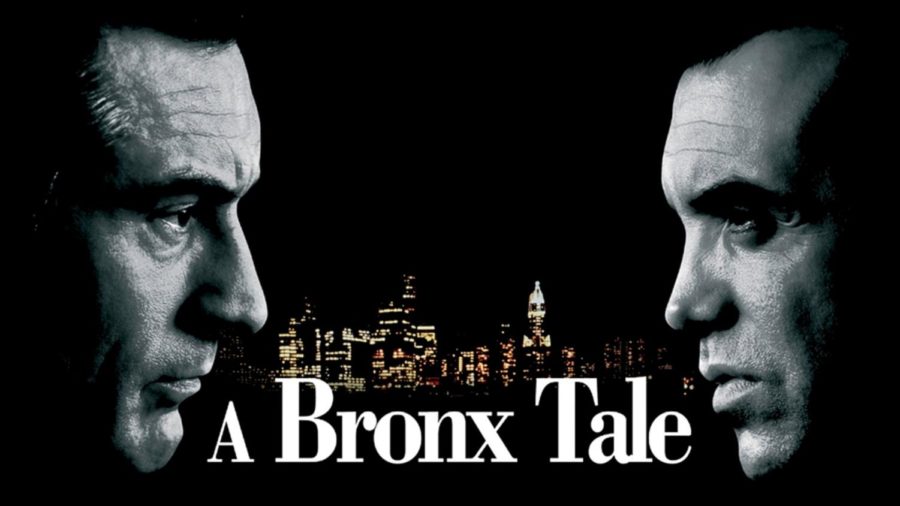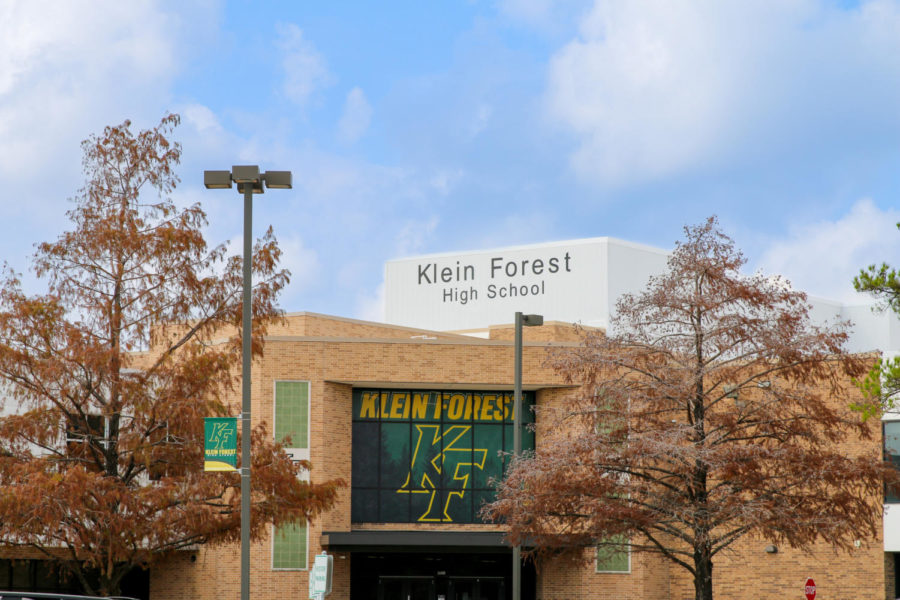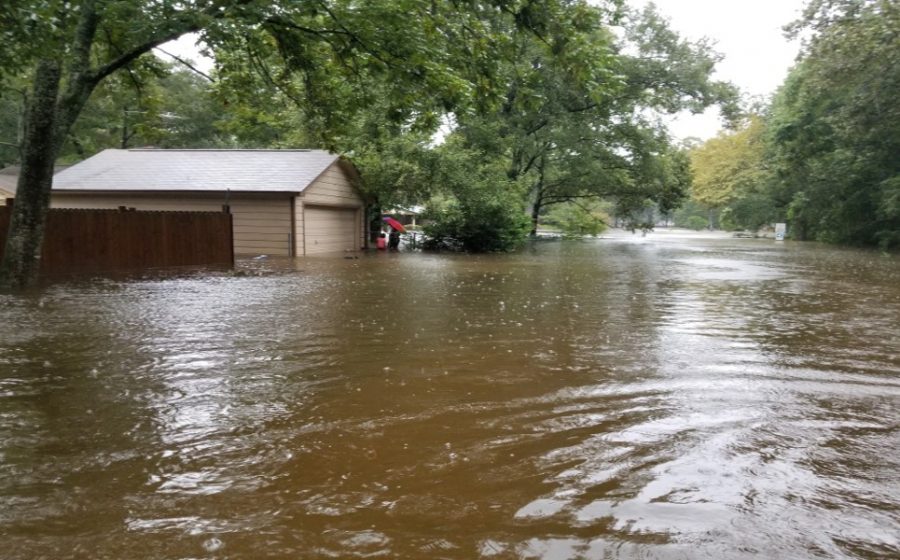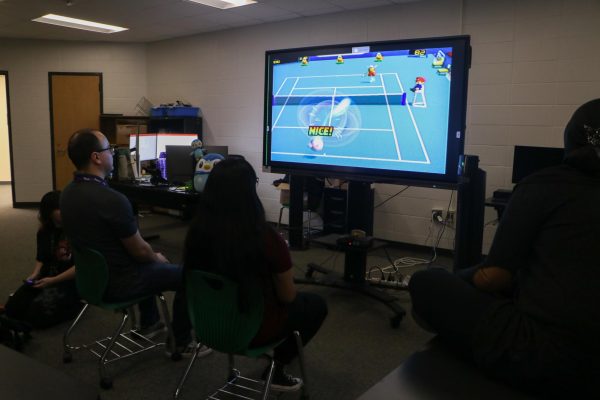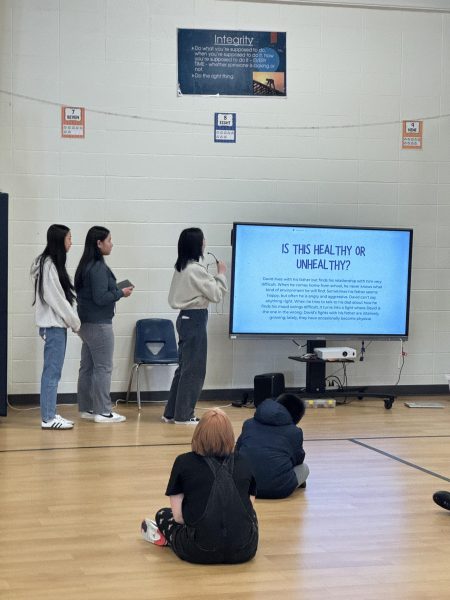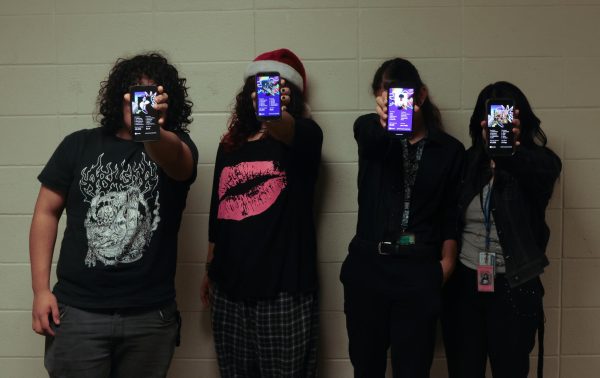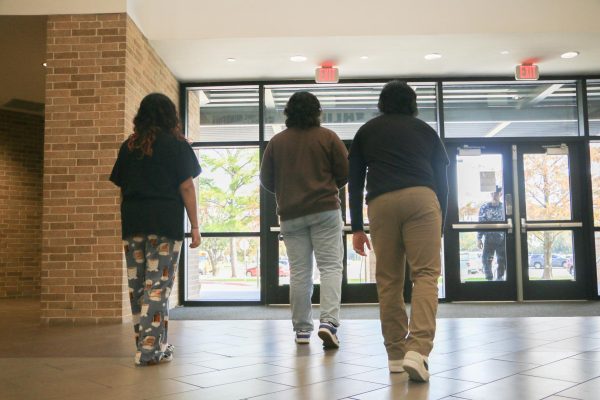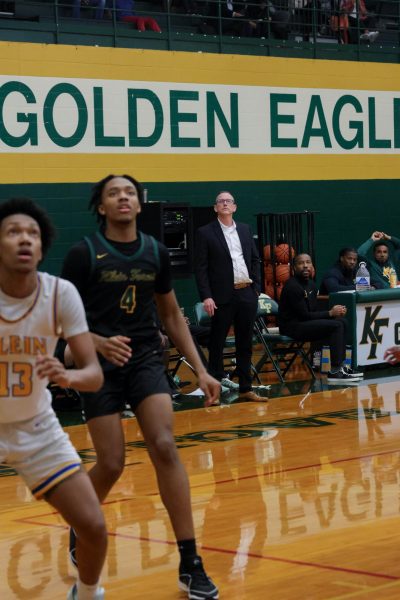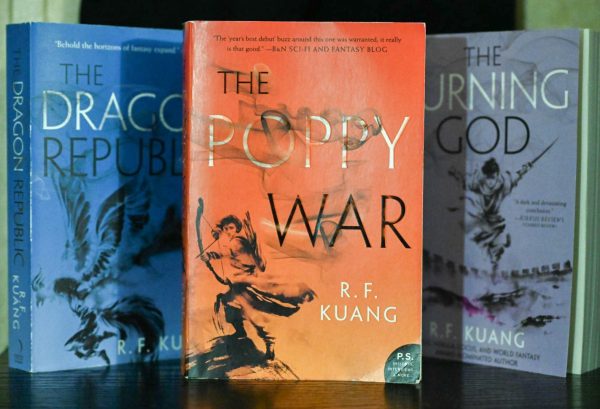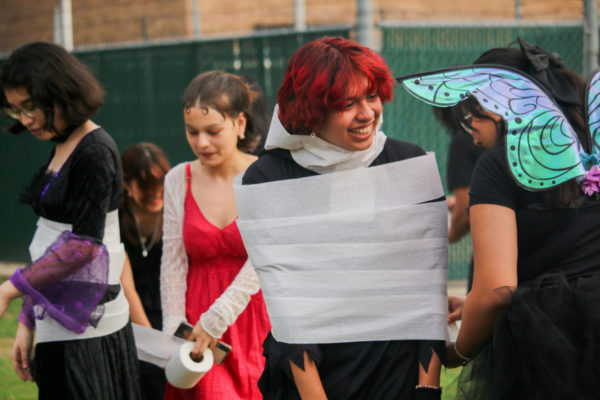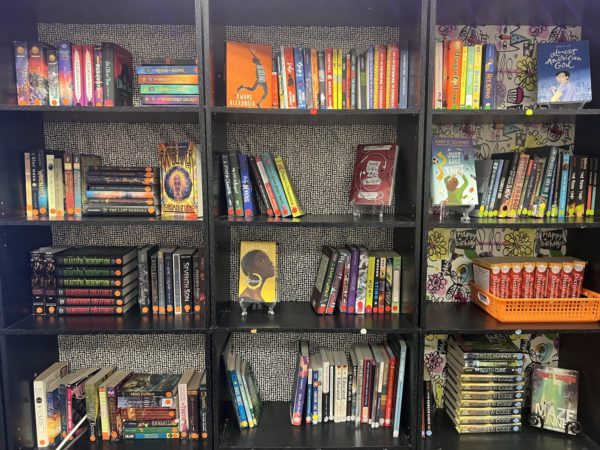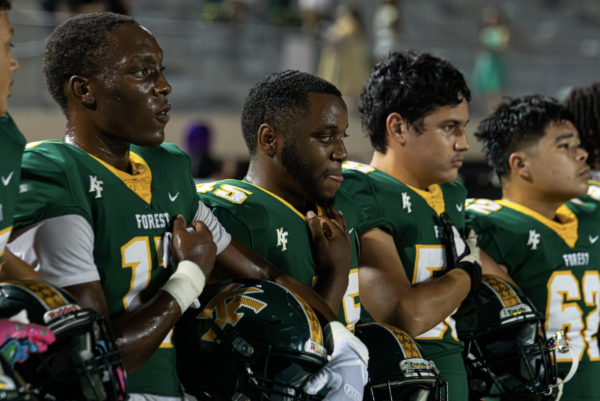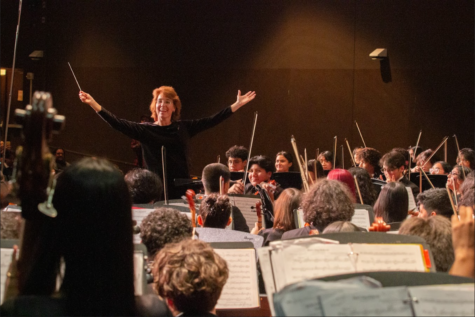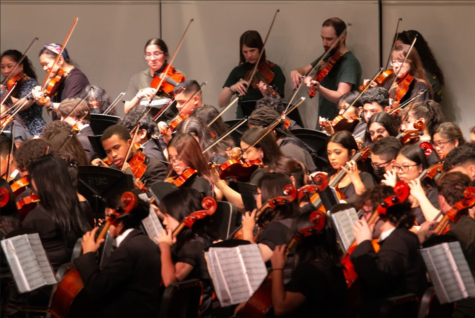Hurricane Harvey
Tears pooled her eyes as she watched the water rise. More and more her worry grew along with the flood water. From three feet to five, she watched in dismay as the waves began to knock down her valuable possessions. But that wasn’t the worst part.
The worst part was the never-ending feeling of panic and apprehension Amanda Simmons, Ag teacher, felt while watching her three-year-old son climb into the car. Water drenched her feet as she buckled him into the car seat, leaving her wondering if the waves would take them next.
The effects of Hurricane Harvey’s 50 inches of rain were catastrophic with homes, possessions and lives lost.
“If you heard the expression ‘at least you made it out,’ it’s hard to think about, because even though they’re just materialistic things, you worked hard to earn them,” Simmons said.
When looking at the brighter side, it’s easier said than done to
be grateful for making it out alive. The aftermath is a long process of replacing and rebuilding what Harvey stole from its victims.
“We lost it all,” Eric Vipperman, physics teacher, said. “I wasn’t despairing because I knew I had insurance. It was more about stress, everybody at school got to relax and take a vacation and I had to take a ‘Hurrication.’ We worked like mules, with no AC in the heat, tearing down the walls.”
Never having a flooding problem before, Simmons prepared herself by having sandbags to block the entrances and plenty of nonperishable food items and water. When it was time to evacuate, she was only able to bring clothes she could throw together, personal hygiene items and a backpack of children’s toys.
“There wasn’t enough time to decide,” she said. “Water started seeping through the door and within 30 minutes, went to a foot and a half. This is going to make me cry,” she said, remembering her son, “We grabbed a potty for my three-year-old son and we had to grab our pets too. By the time we left, the water was at three feet and our dogs had to swim to the car. We had to get them out safely as well.”
Originally believing he wasn’t going to have to evacuate, Vipperman thought he was safe from the hurricane. When he received an alert saying the Conroe Dam was going to be opened with the words, “Get out now,” he knew there was no denying it, he had to leave.
“I put my stuff on shelves, but that didn’t work. Waves knocked things down. My father in law’s truck came to pick us up,” he said, “we had to load what little we could get out as the water broke the windows.The water came up so fast, we got out on a vehicle, but then I went back to get another load of stuff. Which we couldn’t get because the water was too high. We turned around, me and my wife, and there was a guy with a boat coming through so we rode out with him.”
Unlike thousands of people, Vipperman had insurance.
“My house is being rebuilt, so I’m in a lot better shape than the guys who didn’t have insurance. It’ll be like the hurricane never happened to my house.”
“My whole neighborhood was destroyed,” Vipperman said. “I mean, it sucked. There were 119 people in my neighborhood that flooded, 12 of us had insurance. A lot of these people aren’t moving back. They got flooded the year before, so it was like, you didn’t have insurance then, and you lost everything, and you decided not to get it again. No learning occurred,” he said, “you know, life is about learning from your mistakes.”
Despite what was lost in the hurricane, there was something positive gained.
“We witnessed a lot of good in the aftermath,” Simmons said. “A bunch of KF students, staff, as well as other agriculture workers came to help clean up the house as well as our church sending others to help us out. A lot of community members came to send donations, a lot of FFA members across the state sent things like gift cards. So, a lot of support to make sure we were okay.”
Houstonians banded together to help one another, putting aside differences for a larger purpose: helping each other when assistance was truly needed.
“I was overwhelmed with happiness,” Simmons said. “Students are like family.”

